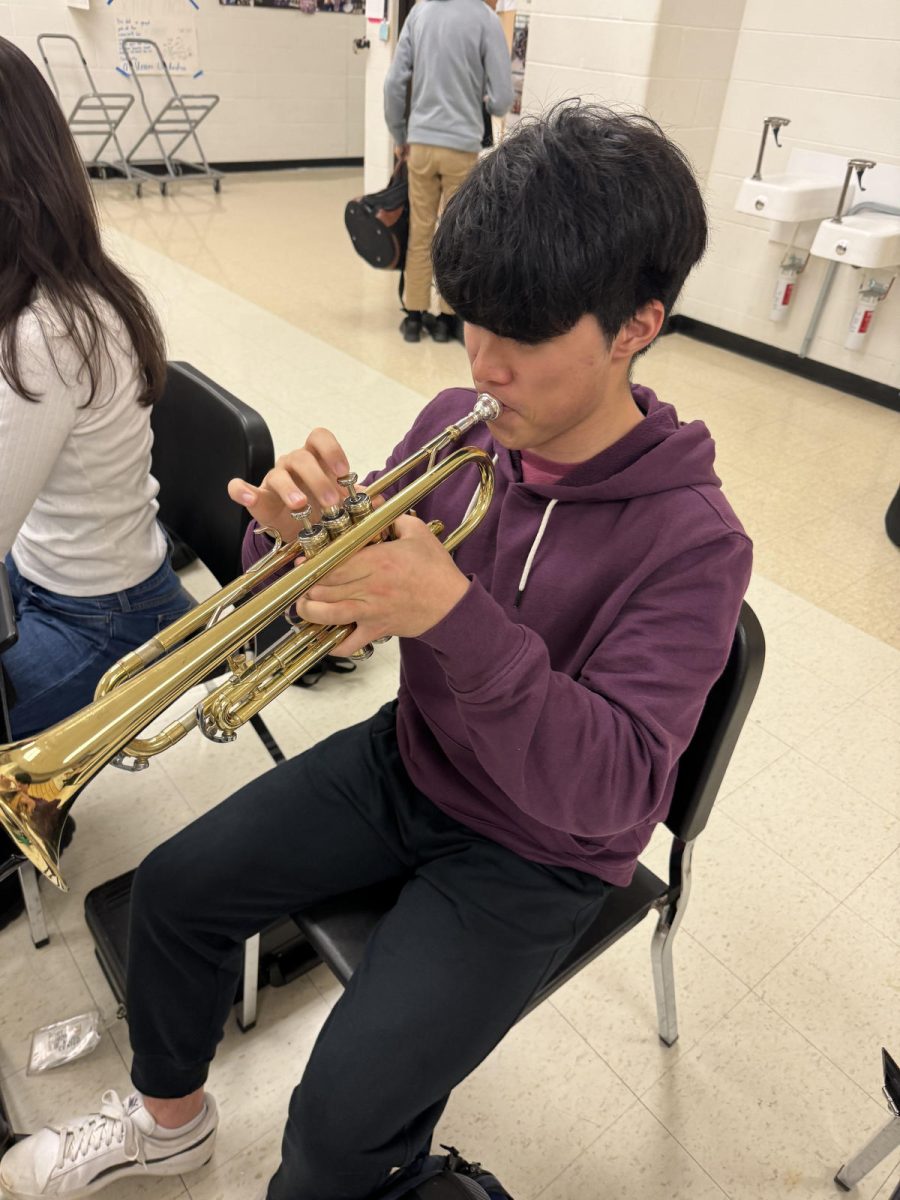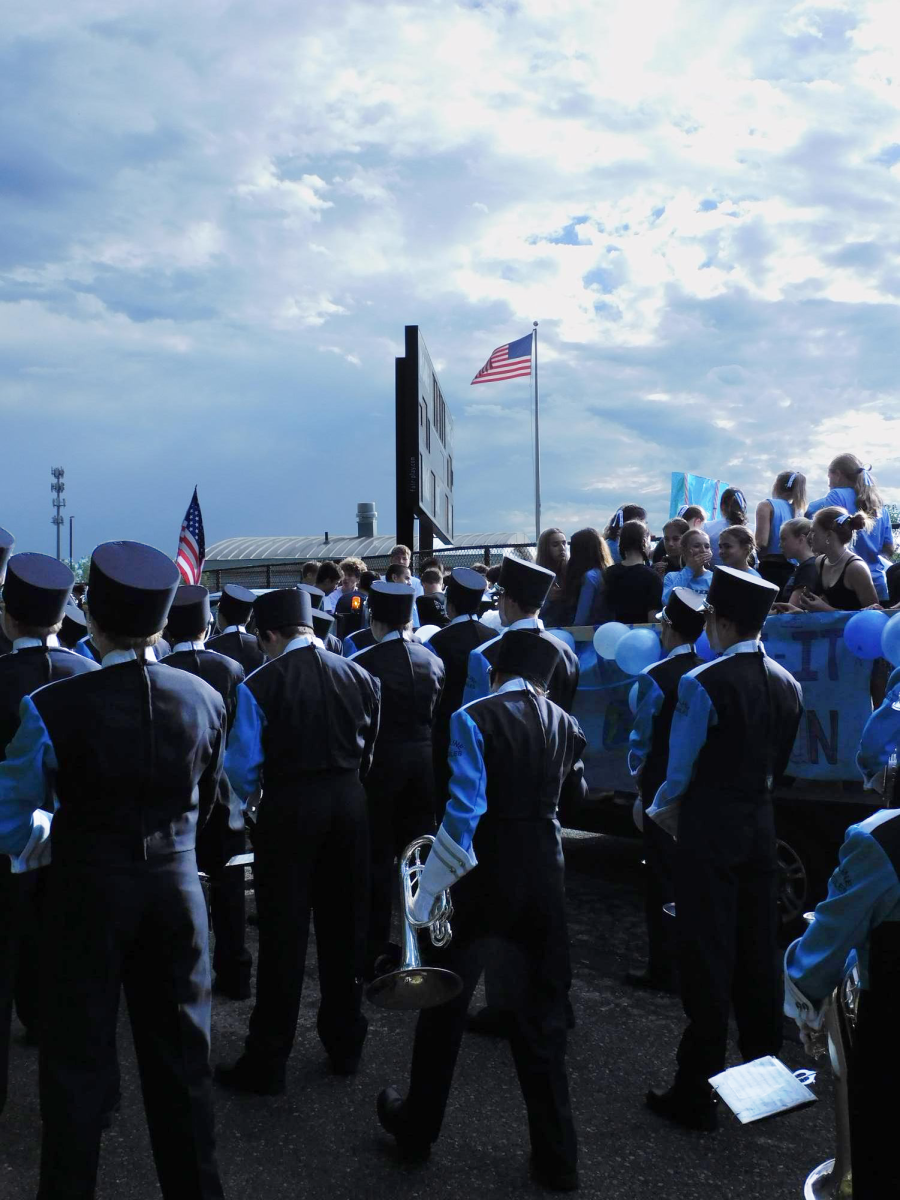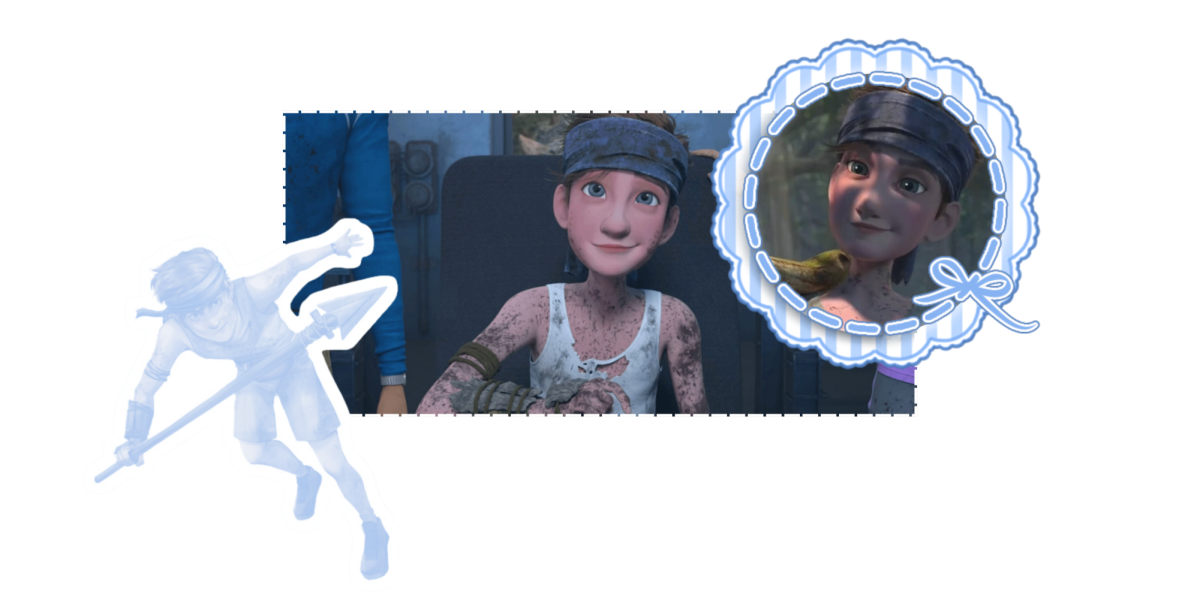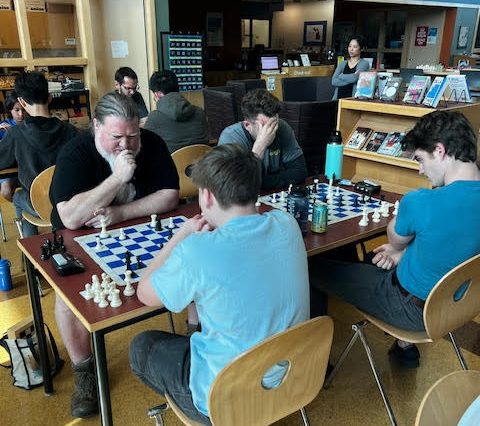For orchestra and band kids all over the nation, the Solo & Ensemble competition is a big deal. For students in Ann Arbor and surrounding areas, District Solo & Ensemble, hosted by MSBOA (Michigan School Band & Orchestra Association), took place at Franklin High School on February 10th. 54 music groups and solos from Skyline participated in the festival.
As the name implies, competing students play a solo or in an ensemble in front of a judge with the music of choice. The judge gives comments and a score of 1-5, with 1 being the best. Scoring a 1 at district level qualifies musicians for the State Solo & Ensemble at Huron High School on March 16th.
State Solo & Ensemble Festival has the same structure as district Solo & Ensemble, but students are held to a higher standard. Soloists in sophomore year or higher must complete proficiency exams, including scales and sight reading. Individuals and ensembles are given the opportunity to audition for Honors Band if they are selected by a judge. 31 of the 54 Skyline groups and solos in districts went to States this year on March 16.
“Each judge is allowed to recommend up to two soloists and two ensembles for an honors band,” says Jason Smith, Skyline band director. “Those students have the opportunity to audition for an honors band… If they make it then they would be a guest ensemble for this honors concert. ”
Solo & Ensemble is a good way to practice performing skills. “Solo & Ensemble is an opportunity to show how much I’ve improved on the trumpet,” says Joshua Lee (‘24), 1st chair trumpet and three-year member of the Skyline Symphony Band. “I would say it’s a good way to practice performing in front of others without too much pressure since there’s only one judge and not an entire audience.”
Students practice their preparation skills, and the judges give criticism to help musicians improve. “When they play it for a judge, they get quality, constructive criticism as well as positive feedback on their playing,” says Smith. “So it gives them a goal, something to work towards, as well as giving them an opportunity to… play alone, in front of somebody, a judge or…play in an ensemble. So I think it just adds to their skill set that they use during band class.”
This event is also a good way to be immersed in music and have fun. “I like it,” says senior drum major and 1st clarinet for Skyline Symphony Band, Heather Hale (‘24). “It (Solo & Ensemble) gives a good opportunity to play your instrument with your friends.”
For some, it’s an opportunity to play a solo and collaborate with an accompanist. “The rehearsal I had with my pianist [was] pretty fun,” says Callam Wetherbee (‘24), bass clarinetist for Skyline Symphony Band. “…It’s (Solo & Ensemble) fun but like it’s just kinda weird waking up really early, driving to Livonia, and just playing for like five minutes…. There’s so much preparation that goes into it, but…it’s fun, it’s worth it.”
Solo & Ensemble is fun for parents and band directors, too, not just students. “At Solo & Ensemble… I had the opportunity to go around and check in with kids to see how they did,” say Smith.
Solo & Ensemble can also be a good way for lowerclassmen to learn from upperclassmen. When I was in sophomore year, I was in a sax quartet for Solo & Ensemble with three seniors. Being in a group with them made me feel special and included. This is what makes band class unique from other classes: the culture of passing down tradition, culture, and expectations.













